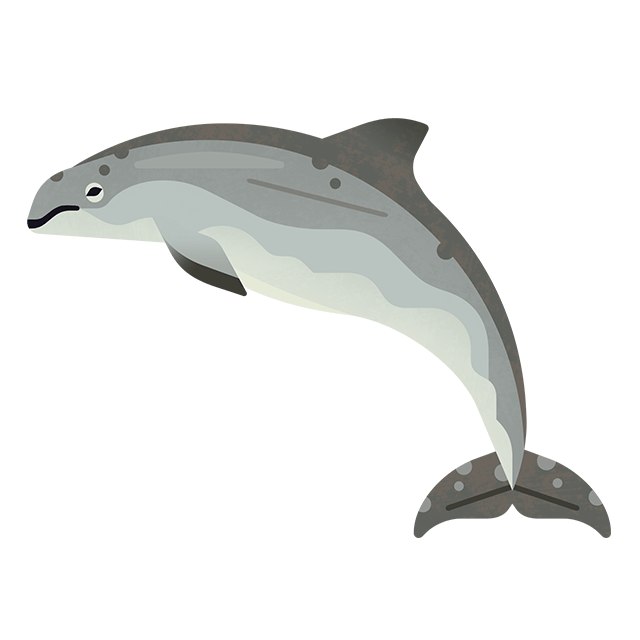
Microplastics found inside UK sharks
2 minute read
A recent report shows clear evidence of microplastics and synthetic materials making their way into the digestive systems of UK sharks.
The study by scientists at the University of Exeter has been published in the journal Scientific Reports.
In a sample of 46 sharks, of four different species, it was found that 67% had ingested human-made fibres and microplastics. The small-spotted catshark, starry smooth-hound, spiny dogfish, and bull huss species were caught as bycatch in a demersal hake fishery off the coast of Cornwall. In total, their digestive systems were found to contain 379 particles of microplastics and synthetic microfibres.
Kristian Parton, University of Exeter Masters by Research student and lead author in the report, said: “The impact of plastic pollution on sharks is understudied. Most research has focused on whales, turtles, dolphins and seals up until now. This study helps build a clearer picture of how plastic pollution affects sharks, but also raises further questions: if microplastics affect the flesh of these sharks, humans could ultimately consume these fibres.”
These findings build on mounting evidence showing the volume of microplastics and microfibres in our ocean and their worrying impacts. A staggering 9.4 trillion fibres could be being released into UK waters every week from washing clothes alone.
Microfibres are a form of microplastic, and tend to be synthetically made for clothing, from materials like cellulose, viscose, rayon and cotton. The study found that a considerably high 95% of the pollutants found in the sharks were microfibres.
We’ve been leading efforts to campaign for microfibre pollution awareness and reduction with our Stop Ocean Threads campaign. With just one load of laundry, more than 700,000 microfibres can flow into our water systems and to the ocean. In fact, 63% of shrimp in the North Sea have been found to contain synthetic fibres. But we can reduce the flow of plastic fibres into the ocean! Get involved in our campaign by signing our petition, calling on the UK Government to pass legislation making microfibre filters compulsory in all new washing machines from 2024.



